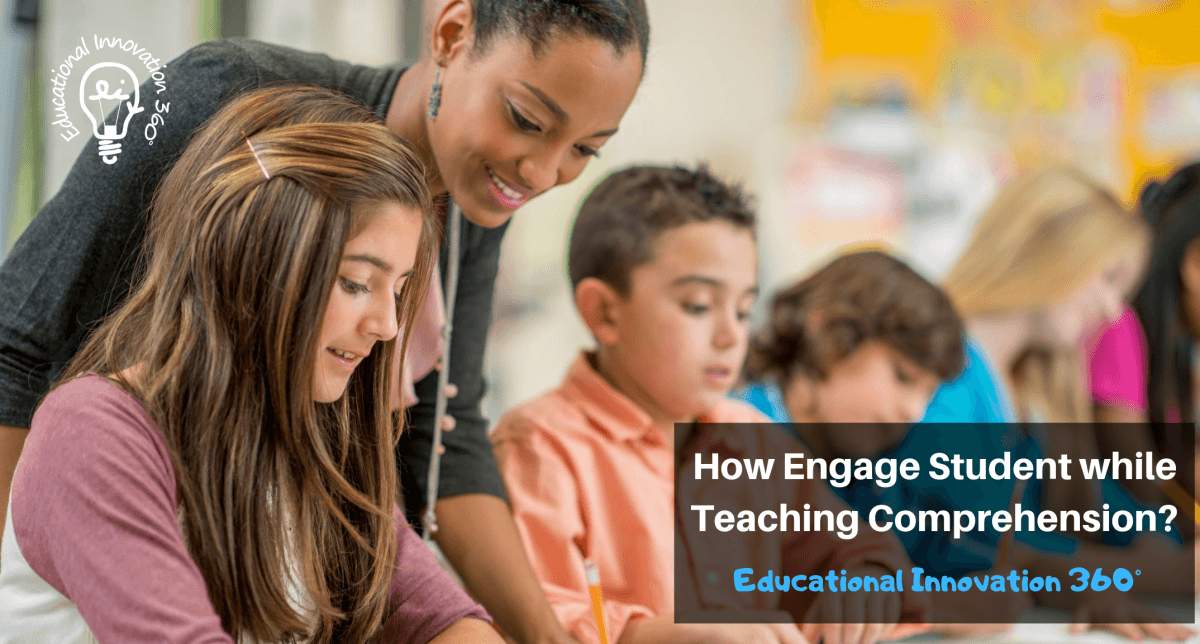Discover what motivates teachers to stay or leave their jobs. This study of 425 Wisconsin teachers reveals key factors influencing teacher retention, including job satisfaction, school leadership, and relationships with students and colleagues.
Read MoreAre you struggling to retain your best teachers? This blog post explores the top three factors that contribute to teacher satisfaction and retention. Discover how to create a supportive school culture, provide strong leadership, and foster intrinsic motivation among your teaching staff. By implementing these strategies, you can create a more positive and fulfilling work environment that will help you keep your teachers engaged and committed to your school.
Read MoreHey school leaders, If innovation can address challenges like unequal resources and prepare students for the future then why haven’t we fully transformed our schools? Here is how to measure the success of new ideas and the importance of skills like creativity and problem-solving.
Read MoreSchools striving to be leaders in Diversity, Equity, and Inclusion (DEI) are on the right track. Fostering a diverse and inclusive environment demonstrably improves academic achievement, student engagement, and cultural understanding. In such a community, every student feels valued and supported, reaching their full potential.
Read MoreDiscover innovative strategies to ignite student engagement and foster meaningful interactions with vocabulary in our latest blog.
Read MoreWhat is the importance of measuring non-cognitive variables in education, such as personal competencies that are not easily quantified, to ensure the growth and success of students? Well, check out five ways in which non-cognitive variables can be assessed in the classroom.
Read MoreDid you know, In Utah, you no longer need a teaching degree to teach; all you need is relevant professional experience? I’m not sure if we are ready to go there yet... let’s start by maybe increasing the teacher's salaries.
Read MoreDon't stress about finishing projects or units before Thanksgiving. I usually recommend wrapping up assignments before a vacation, but not Thanksgiving.
Read MoreComprehension is a rather difficult topic to cover because it encompasses so much. During the Lake Michigan Technology Conference
Read MoreI doubt that there are a lot of people who have an in-depth knowledge of what this term means. Personalized learning is very important for teachers because it helps to change the perspective of how they handle students
Read More










